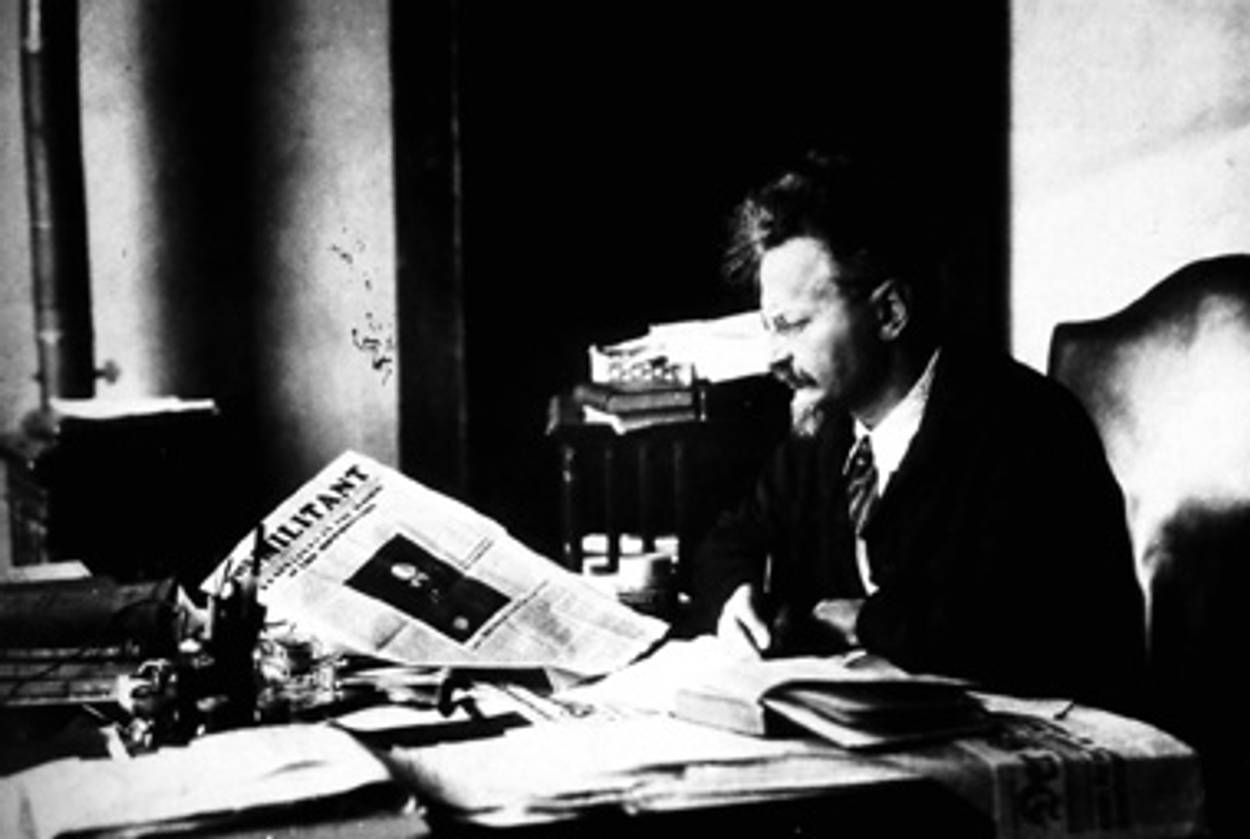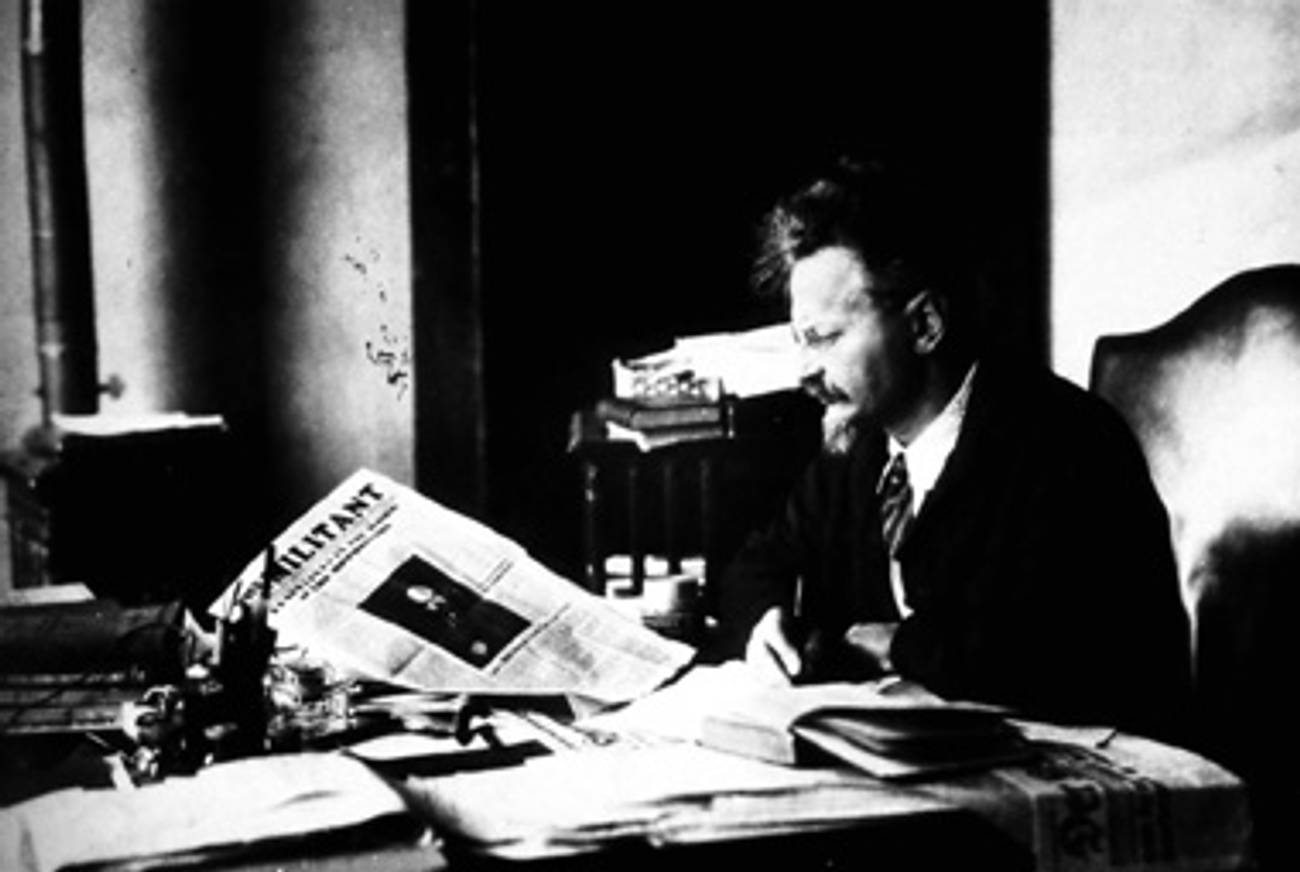You Can’t Start a Revolution on MySpace!
Doctrinal disputes impede progress yet again




“In some ways, the Left remains locked in place. Its three major national parties are still confined to cramped Manhattan offices that are plastered with gaudy posters and honeycombed with pamphlets for distribution and envelopes for stuffing. But in other ways the landscape has changed significantly. All three parties are finding the Internet to be a fruitful recruiting tool and believe their message has been given a fresh, beguiling appeal.”
–“Workers of the World, Please See Our Website” [NYT]
One bright spring afternoon, the Communist Party U.S.A., the Socialist Party U.S.A., and the Democratic Socialists of America each sent a representative to an agreeably neutral spot—they picked the Hungarian Pastry Shop in Morningside Heights, for its lack of Wi-Fi and unlimited coffee—to lay out how the three mighty wings of the American Left would merge into one, and go from there to kickstart the revolution (an admittedly Leninist kink that the higher-ups had smoothed over by letting the Democratic Socialists keep single-payer health care).
Hands were shaken, hamentashen noshed (the Communist briefly objected to the delicacy’s religious provenance, but relented when it was noted that Haman was an oppressor of the lower class if ever there were one), and notebooks taken out. The task? Devise an effective social media strategy for the revolution.
The Democratic Socialist spoke first. “Friends,” he began, “we must begin the revolution on Facebook. Everyone is already on it, it is the most mainstream of social network platforms, and it allows everyone a presence while allowing the very best to enhance their profiles, all in a pre-set framework that ensures ultimate equality.”
“Heresy!” cried the Socialist (at the Democratic Socialist). The Communist sat silently sipping his thick, black coffee, wearing a pompous smirk. The Socialist continued: “Facebook unduly restricts the user’s freedom, and therefore inequalities shall inevitably arise. It is only, rather, with MySpace,” she concluded, “thought obsolete I know, that the user gains true liberty to do whatever he or she will with his or her page, and thereby fulfill the dictum: ‘To each, according to his need; from each, according to his ability.’”
“MySpace!” snarked the Democratic Socialist at the Socialist, as the Communist continued to sit quietly. “You can’t start a revolution on MySpace! Half the people won’t know what it is!”
“We shall teach them!” the Socialist replied.
“Moreover,” the Democratic Socialist continued, as though not having heard the Socialist, “only rank materialists rank sites. Never! The Democratic Socialists shall never allow it!”
The Socialist began to respond, but the Communist just began laughing. This confounded the Socialist and the Democratic Socialist, and they remained silent as the Communist, turning suddenly fierce and intense, began:
This is all so like you, comrades, of you and your accomodationist, incrementalist, lax ways of thinking. Equality! Freedom! Liberty! Bah! We must apply dialectical rigor, always. Capitalism is not the enemy—it is our unwitting and inevitable partner in revolution. Facebook and MySpace are ways of working against the system, within it. The care one takes, the curatorial capacities—all of these inhibit the gaining of a true class consciousness. They will fail at revolution, and at everything else besides. Only a social media that replicates capitalism, in all its monstrous sublimity, its ever-increasing and seemingly frictionless velocity, its discursivity and its arbitrary gangs and its instantaneous transactions and flow, only this will heat the system to the breaking point and bring about the New Society. @Socialist, @Democratic Socialist, the revolution may not be televised, but assuredly the revolution must be tweeted. The revolution will be tweeted. #unite!
And with that, the Communist stormed out of the pastry shop.
“Typical Communist dogmatic insolence,” the Socialist sighed, turning to the Democratic Socialist. “He left without paying his bill.”
Marc Tracy is a staff writer at The New Republic, and was previously a staff writer at Tablet. He tweets @marcatracy.